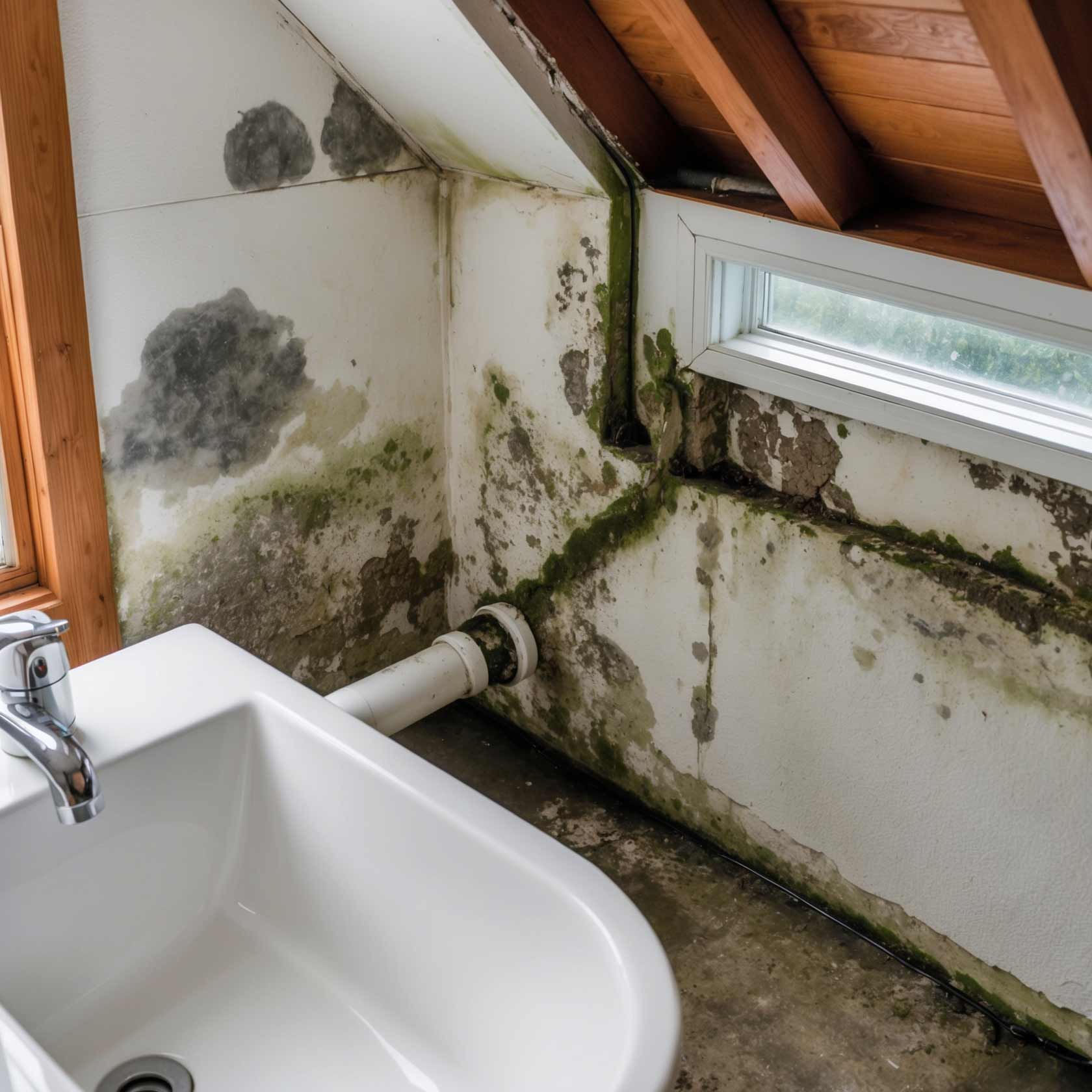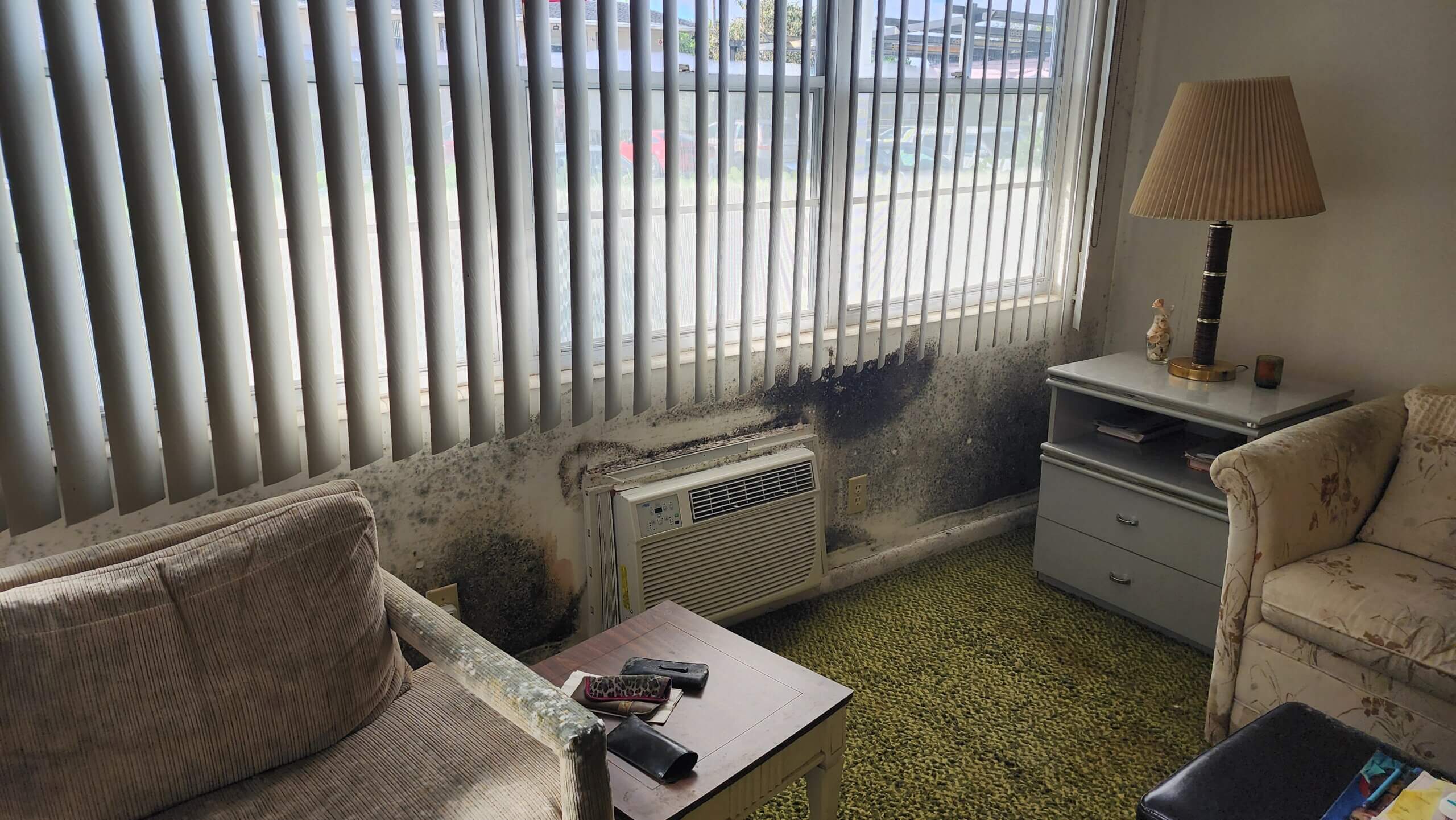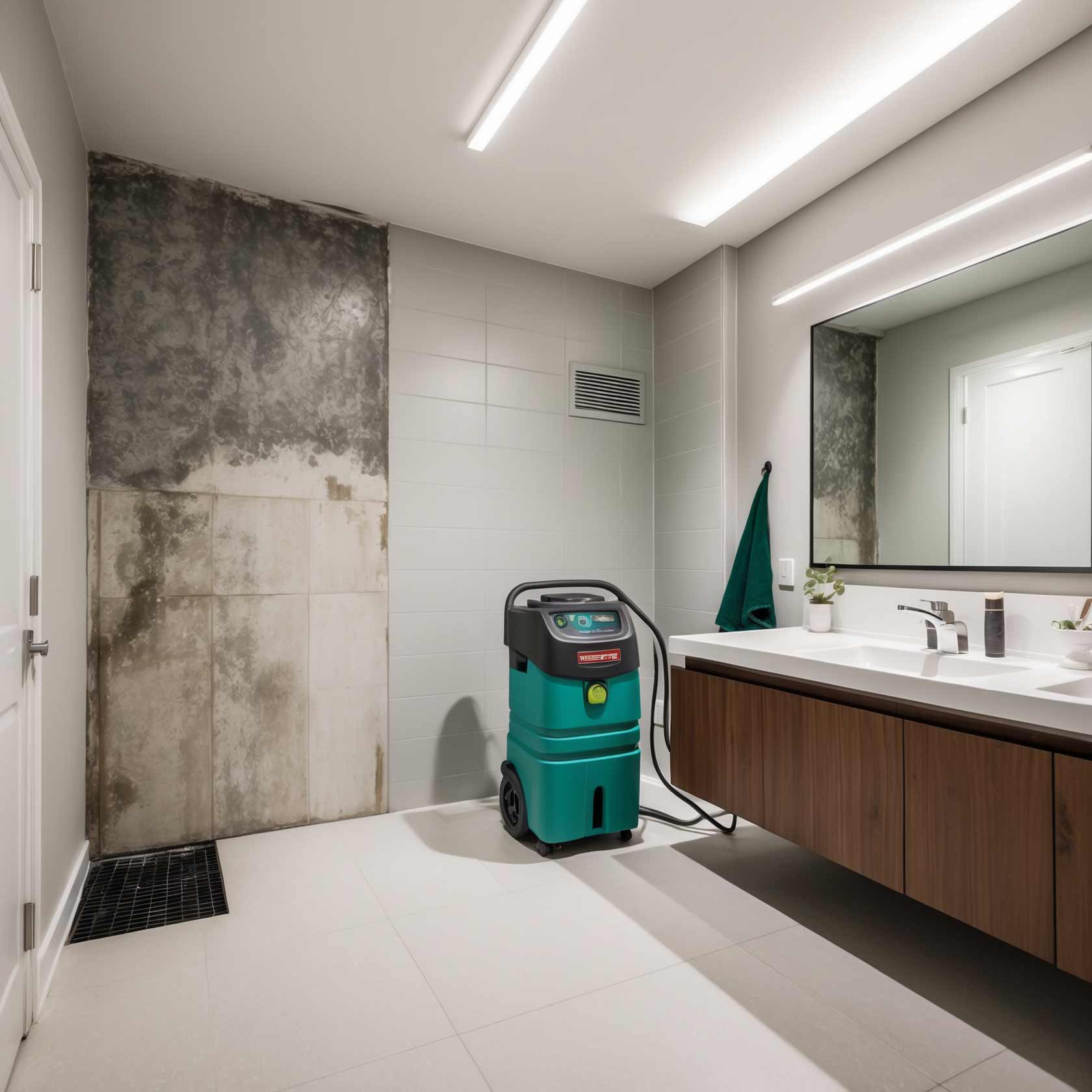Can Mold Be Completely Removed From A House?
Mold is an unwelcome guest in any home. It thrives in moist environments, often hidden in places where we can't see it. Homeowners and renters alike find themselves grappling with the question, "Can mold be completely removed from a house?" While some may argue that complete removal is a myth, others believe that thorough mold removal is indeed possible. In this comprehensive article, we'll explore every facet of mold removal—from its causes and types to effective strategies for elimination and prevention.
The Nature of Mold: Understanding Its Causes and Characteristics
What Is Mold?
Mold is a type of fungus that can grow indoors and outdoors, appearing in various colors, including green, black, white, and orange. It's essential to realize that mold spores are everywhere; they travel through the air and can enter your house easily through open doors or windows.
Common Causes of Mold Growth
Types of Mold Found Indoors
- Aspergillus: Commonly found on food products.
- Cladosporium: Frequently grows on fabrics and wood surfaces.
- Stachybotrys Chartarum (Black Mold): Known for its potential health risks.
Identifying Mold Infestation
Signs include visible growth on walls or ceilings, musty odors, or respiratory issues among household members. If you suspect mold but don’t see it, you might consider professional testing.
Health Risks Associated with Mold Exposure
Short-Term Effects
- Sneezing
- Coughing
- Eye irritation
Long-Term Effects
Prolonged exposure can lead to serious health issues like chronic respiratory diseases or weakened immune systems.
Can Mold Be Completely Removed From A House?
Yes, mold can be removed completely from your house if done correctly; however, it's not always straightforward. Complete removal hinges on several factors:

In many cases, taking proactive steps significantly reduces the likelihood of return infestations.
Understanding the Mold Removal Process
Step 1: Identify the Source of Moisture
Before removing mold, it’s imperative to address what’s causing its growth—usually excess moisture or leaks.
Step 2: Contain the Area
Seal off affected areas using plastic sheeting to avoid spreading spores during removal.
Step 3: Remove Contaminated Materials
Discard any porous materials like drywall or carpet that have been severely affected by mold.
Step 4: Clean Surfaces
Use appropriate cleaning agents:
- For non-porous surfaces: A mixture of water and detergent works well.
- For tougher jobs: Consider using bleach (diluted) with caution.
Step 5: Dry Thoroughly
Ensure all cleaned areas are dried completely to inhibit future growth.

Professional vs DIY Mold Removal: What’s Best?
While DIY methods can be effective for small infestations, hiring professionals may be necessary for larger problems.
| Aspect | DIY Removal | Professional Removal | |---------------------|-----------------------------|------------------------------| | Cost | Generally lower | Higher due to expertise | | Time Required | Often longer | Usually faster | | Safety Measures | Limited | Extensive | | Guarantee | No guarantee | Often comes with a warranty |
Preventive Measures After Removal
Once you've managed to remove the mold successfully, it’s essential to take steps to prevent its return:
Common Myths About Mold Removal
Myth 1: Bleach Kills All Types of Mold
Bleach only kills surface mold but doesn't penetrate porous materials where roots may reside.
Myth 2: You Can Simply Paint Over It
Painting over mold doesn’t eliminate it; it merely hides the issue temporarily.
Myth 3: Cleaning Products Will Solve Everything
Not all cleaning products are effective against all types of mold; specialized solutions might be necessary.
FAQs About Mold Removal
FAQ 1: How long does it take to remove mold?
Answer: The duration varies based on the extent of infestation but typically ranges from one day to several weeks for extensive cases.
FAQ 2: Can I stay in my home during treatment?
Answer: It’s advisable to vacate affected areas during treatment due to potential exposure risks.
FAQ 3: Is it safe to remove black mold myself?
Answer: If you have a small area affected by black mold (less than 10 square feet), you can handle it yourself using proper safety gear; otherwise, consult professionals.
FAQ 4: Will insurance cover mold removal?
Answer: Coverage depends on your policy; check with your insurance provider for specifics regarding water damage claims related to mold infestation.

FAQ 5: How do I know if I need professional help?
Answer: If you notice extensive damage or persistent health issues despite cleanup attempts, it's best to call in experts.
FAQ 6: What should I do if I find hidden mold?
Answer: Contact professionals who specialize in indoor air quality assessments and remediation strategies immediately upon discovery.
Conclusion
In summary, while one may wonder if Can Mold Be Completely Removed From A House?—the answer leans heavily towards yes when approached strategically and comprehensively. Effective inspection, prompt action against moisture sources, proper remediation techniques, and preventive measures contribute significantly toward achieving a clean living environment free from harmful molds. Remember that vigilance plays an equally crucial role post-removal; regular inspections and maintenance help ensure your home remains a sanctuary rather than a source of concern!
By understanding molds' insidious nature and implementing thorough strategies for their eradication—and ensuring your home's environment stays hostile toward them—you can indeed reclaim your space from affordable mold inspection these unwelcome invaders!